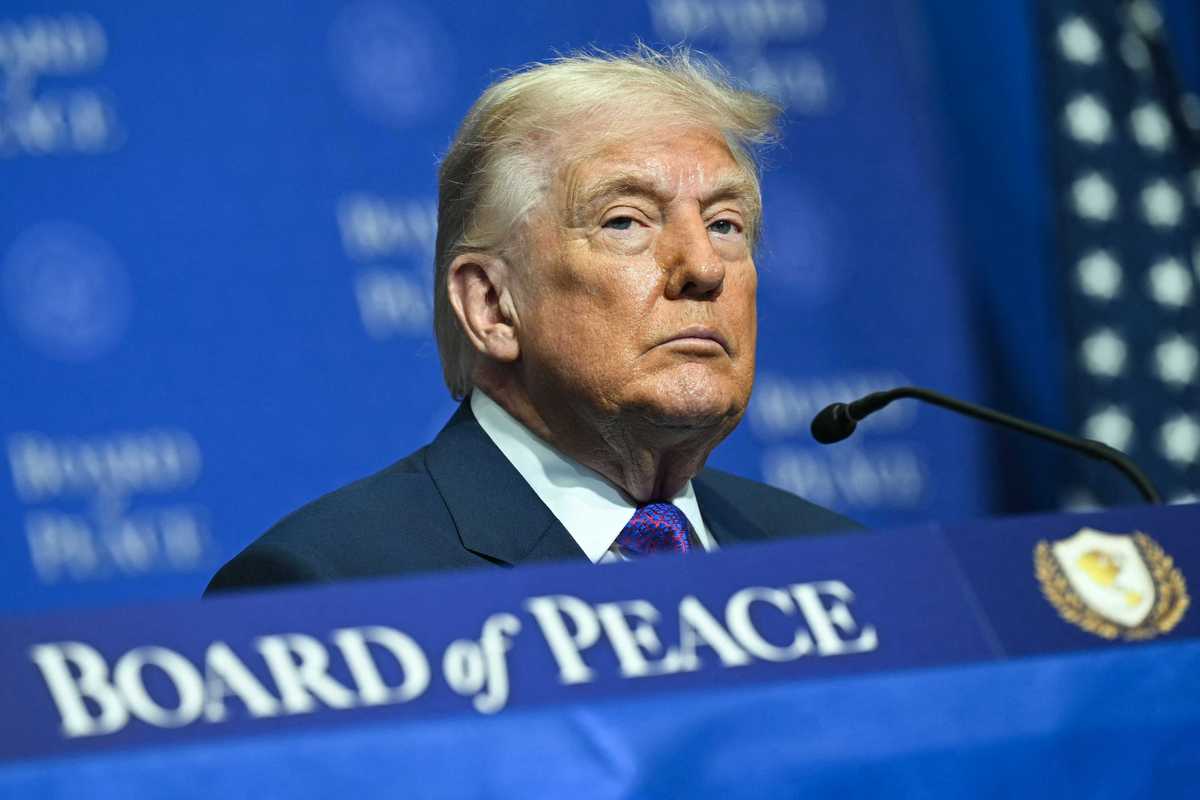News
Andrew Grice (edited
Apr 24, 2015
A respected thinktank has warned that voters are "somewhat in the dark" ahead of the general election because the major political parties have not disclosed their planned tax rises or spending cuts.
The Institute for Fiscal Studies (IFS) said that while they believe voters have a "bigger choice" than at any election since 1992, they also hold some reservations over how realistic the parties' pledges are:
Conservatives
Although the Tories want more austerity, the IFS said their tax plans involve a net giveaway. Their proposals would provide only a tenth of the welfare cuts they want.
Departmental budgets – excluding health, schools and overseas aid – would be cut by £30bn, even though that was not mentioned in the Tory manifesto. That would mean a further 18 per cent reduction in areas including defence, transport, law and order and social care.
Their £5bn saving from curbing tax avoidance is “largely unspecified”. There would be lower debt-interest payments but deeper spending cuts or tax rises than under other parties.
Labour
“Debt would be about £90bn more in 2019-20 if Labour’s plans were implemented than if the Conservatives’ plans were implemented. Higher debt entails higher debt-interest payments, and would potentially leave the Government less well-placed to deal with future adverse effects.”
Labour has been much less clear than the Tories about the level and timing of deficit reduction, but has given more detail. There is no guarantee that £7.5bn would be raised by tackling tax avoidance. Their commitments to increase some areas of public spending no bigger than the Tories’. But much looser fiscal rules mean Labour might need only £1bn of further cuts.
Liberal Democrats
The IFS said that they have been “more transparent” about their fiscal plans than the two biggest parties: they would cut less than the Tories but more than Labour – £12bn of cuts to unprotected departments.
But the Liberal Democrats’ plans are based on two optimistic claims: the vast majority of welfare savings would be achieved by reducing benefit fraud and error and getting the jobless back to work; and by raising £10bn from reducing tax avoidance.
SNP
The IFS found “a considerable disconnect” between the SNP’s “anti-austerity rhetoric” and its plans, which imply a lower level of spending than Labour by 2019-20. The SNP “would cut less to start with but the implication… is that the period of austerity would be longer than under the other three parties”.
Tax takeaways appear to be offset by tax giveaways, and the SNP would make the social-security system more generous. As a result, departmental spending would be broadly frozen, and spending other than on the NHS and overseas aid could face a 4.3 per cent cut. Praised for being the only party not to use “largely made-up assumptions” on cutting tax avoidance.
Top 100
The Conversation (0)













